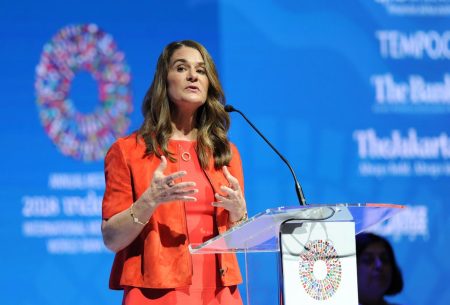The Supreme Court’s decision in Dobbs v. Jackson two years ago overturned the precedent set by Roe v. Wade and Planned Parenthood v. Casey, giving states the power to regulate all aspects of abortion not protected by federal law. Justice Clarence Thomas suggested that the court should reconsider other rulings, including Griswold v. Connecticut, which recognized the right to obtain contraceptives, potentially paving the way for restrictions on birth control access as well.
Different types of contraceptives, such as condoms, birth control pills, and IUDs, serve various purposes beyond preventing unplanned pregnancies. Hormonal contraceptives like oral contraceptives are used for medical reasons, including reducing the risk of certain cancers, treating endometriosis, ovarian cysts, and polycystic ovary syndrome, as well as managing menstrual-related pain, irregularities, and migraines. Some brands of oral contraceptives are also FDA-approved to treat acne.
If access to contraceptives is restricted, hundreds of thousands of people could be deprived of affordable and effective treatments for common diseases and conditions, including those causing infertility and cancer. Limiting the availability of contraceptives would not only lead to more unplanned pregnancies but also have a widespread negative impact on society and the health of women of all ages.
The Dobbs decision goes beyond just the issue of abortion, as it could potentially undermine access to vital healthcare services and medications that many people rely on for their well-being. By potentially rolling back reproductive rights, the ruling threatens to impede progress in women’s healthcare and limit options for individuals seeking to prevent or manage certain medical conditions.
In addition to the immediate impact on pregnant individuals and their ability to access abortion services, the Dobbs decision poses a significant threat to contraceptive access and other healthcare services that rely on the same legal principles. This shift in legal precedent could have far-reaching consequences for the health and well-being of women across the country, limiting their options for reproductive healthcare and potentially leading to negative health outcomes for many individuals.
Overall, the Dobbs v. Jackson decision has implications beyond just abortion rights, as it could potentially restrict access to contraceptives and other vital healthcare services. This ruling threatens to undermine decades of progress in women’s healthcare and reproductive rights, leading to negative health outcomes for many individuals and hindering their ability to access essential medical treatments and services.













